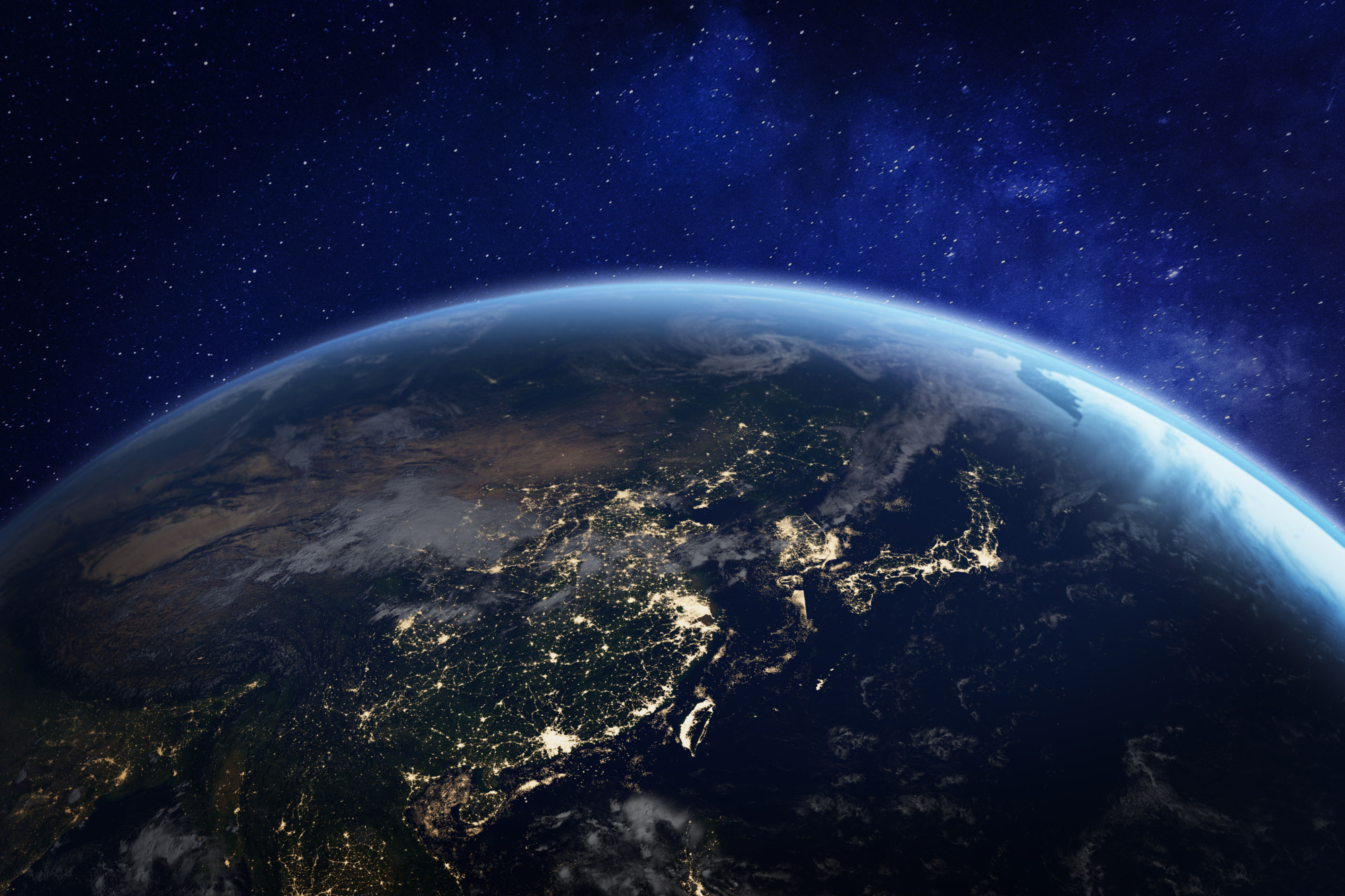Japan's history of rapid growth, bubble economy, followed by economic slowdown and deflation will invariably spread to other nations with aging populations. History, however, rarely repeats itself exactly. By the end of this century, the population of the Earth will likely peak at 10 billion. Expanding middle classes in emerging economies cannot all achieve an American lifestyle. Energy consumption per capita alone would outstrip global supply. How can our resource-limited planet cope with global rising materialist expectations?
From the start, the Japanese already knew unlimited growth was unsustainable. Their island nation lacks natural resources. Even so, Japan became the most successful, modernized and advanced economy. Now it is at the forefront of solving advanced social problems, most notably population aging. Other countries around the world soon to experience the same are looking to Japan for solutions. "People are finally noticing what Japanese have already known — we are all islanders," says Morinosuke Kawaguchi, a futurologist and author of the book "Megatrends 2019-2028."
Kawaguchi believes Japanese values are based on an innate understanding their island nation is resource-bound. For example, in Japanese culture it is almost sinful to waste even a grain of rice (mottainai). Housing is tiny. Everywhere, people realize they must conserve and recycle. But the Earth's sustainability goes far beyond environmental ecology. The global ecosystem must also be socially and economically sustainable. He explains, "So long as the frontier expands, a loser can make up for his losses in a different space. However, within a closed system, if one party is winning and another is always losing, the loser will never survive."

















With your current subscription plan you can comment on stories. However, before writing your first comment, please create a display name in the Profile section of your subscriber account page.